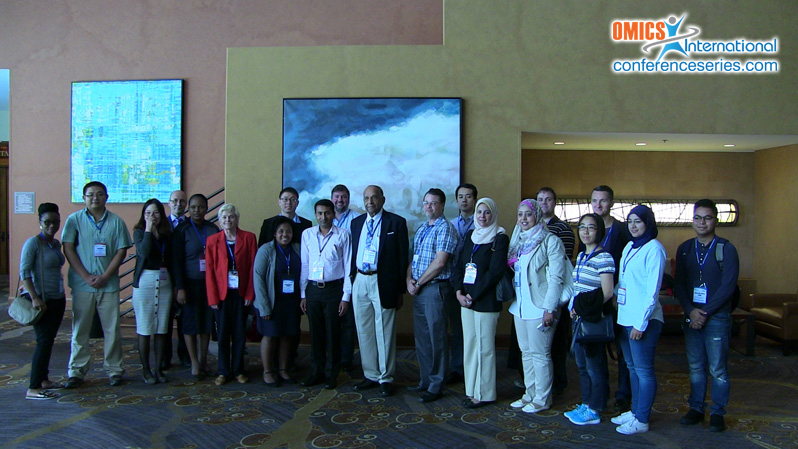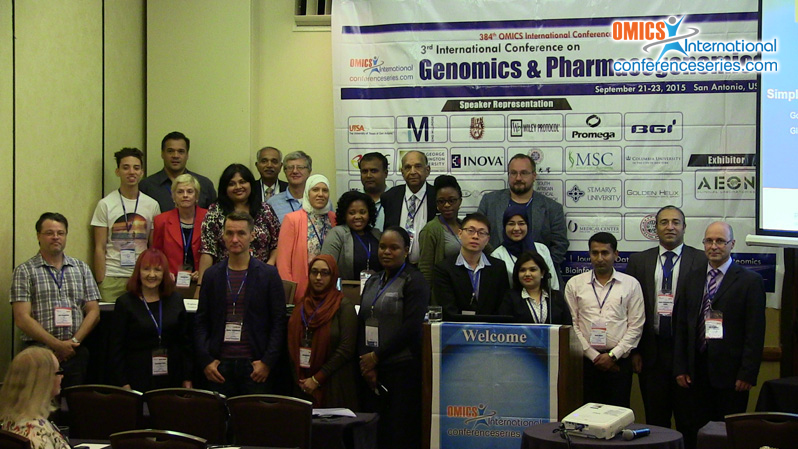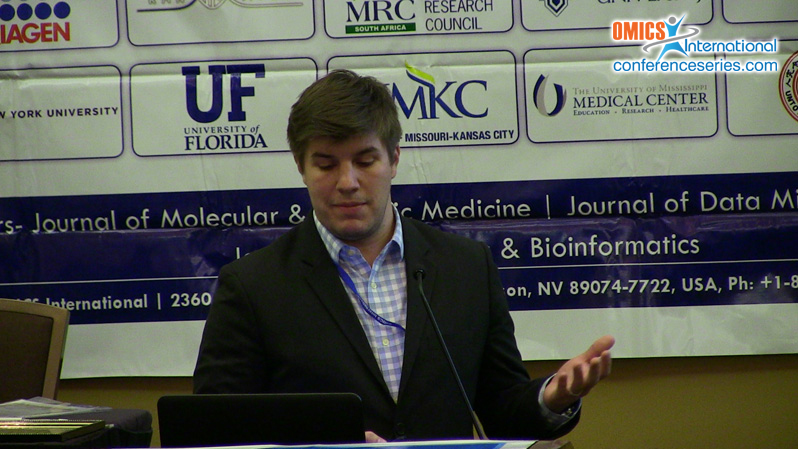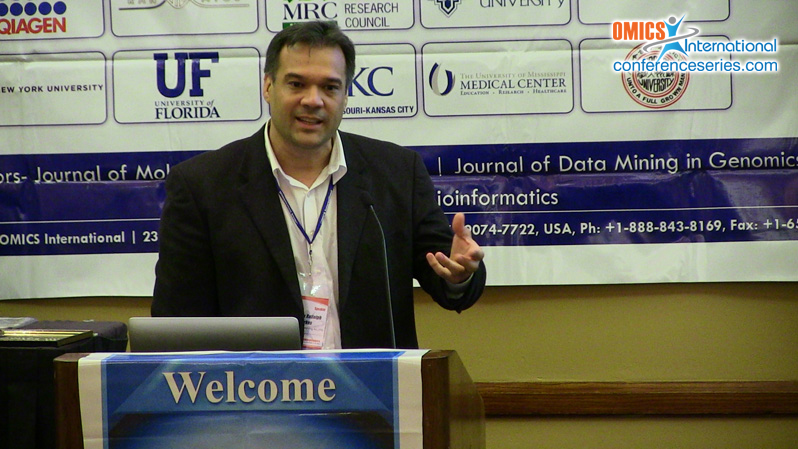
Maarten Rudolph Leerkes
Medical Science & Computing Inc., USA
Title: Discovery of novel molecular targets in SIV infected non-human primates serve as models for human HIV drug targeting
Biography
Biography: Maarten Rudolph Leerkes
Abstract
We have analyzed RNAseq data in the context of re-annotating the genome of African green Monkeys (AGM). RNA-seq experiments were designed to answer questions regarding the mechanisms underlying the lack of disease progression in these natural Simian Immunodefi ciency Virus (SIV) hosts which are still poorly understood. Although the AGM genome is available, it is poorly annotated. Th e rhesus genome is also available for dual-genome predictions and although it has its own limitations, it can be used in combination with RNA-seq data to re-annotate the AGM genome. Th e patas monkey is an interesting third primate study model but does not have a reference genome available and depends on de novo assembly of RNA-seq reads to be analyzed. De novo assembly compared with genome-based splicing detection helps cross-validate methods. Cross-species comparisons can shed light in more detail on resistance mechanisms related to SIV and HIV infections. RNA-seq studies focusing on splicing signatures are an essential tool for both genome re-annotation and biomarker discovery. As such, this is of interest for upcoming RNA-seq studies with the objective to more accurately defi ne how specifi c splicing signatures render African green monkeys resistant to progressive SIVagm infection. Th is is promising in the discovery of novel molecular targets in the process of SIV infection and can serve as a model for human HIV targets and thus serves as a compelling example that impacts genomic advances on global health.





